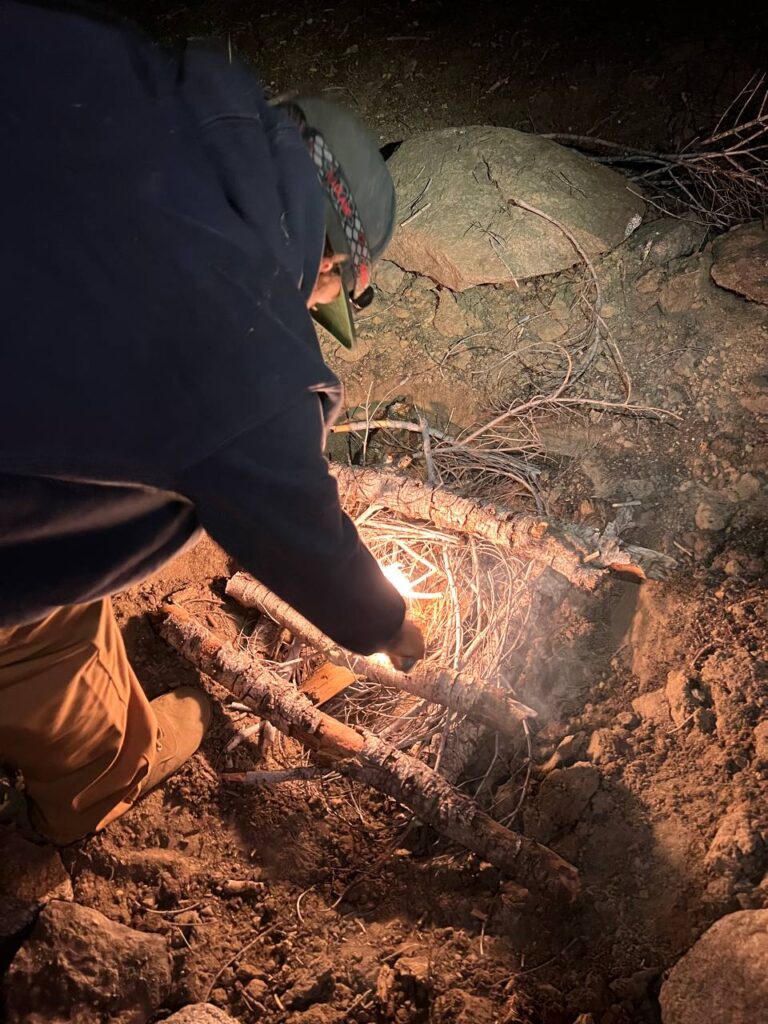The Importance of Survival Training
In an unpredictable world, survival training has become an essential skill set for individuals and families alike. Whether facing natural disasters, unexpected emergencies, or outdoor adventures gone awry, having the knowledge and skills to survive can mean the difference between life and death. Here’s why survival training is crucial and how it can benefit you.
1. Enhances Preparedness
Survival training equips you with the knowledge to handle various emergency situations. This preparedness can help you remain calm and make informed decisions when faced with critical scenarios, such as natural disasters, power outages, or accidents in remote locations. Knowing what to do and having a plan in place can significantly increase your chances of survival.
2. Builds Confidence and Self-Reliance
Learning survival skills boosts your confidence and self-reliance. When you know how to find food and water, build shelter, and administer first aid, you become less dependent on external assistance. This self-sufficiency can be empowering and provide peace of mind, knowing you can take care of yourself and your loved ones in an emergency.
3. Teaches Essential Life Skills
Survival training covers a wide range of practical skills that are useful in everyday life. These include:
- First aid and medical skills.
- Fire-starting techniques.
- Navigation using maps and compasses.
- Building and securing shelters.
- Foraging for edible plants and finding water sources.
- Basic self-defense and safety measures.
These skills not only prepare you for emergencies but also enhance your overall ability to handle challenging situations.
4. Promotes Physical Fitness and Mental Toughness
Survival training often involves physical activities that improve your fitness and stamina. It also fosters mental toughness by teaching you to stay focused and composed under pressure. The combination of physical and mental resilience is critical in surviving and thriving during emergencies.
5. Encourages Teamwork and Communication
Many survival training programs emphasize teamwork and effective communication. Learning to work with others, share responsibilities, and communicate clearly are vital skills that can enhance your ability to manage group dynamics and ensure everyone’s safety in a crisis.
6. Connects You with Nature
Survival training often takes place in outdoor settings, encouraging a deeper connection with nature. This experience can foster a greater appreciation for the environment and the resources it provides. Understanding nature’s challenges and rewards can improve your ability to coexist with and respect the natural world.
Conclusion
Survival training is more than just a set of skills; it’s an investment in your safety and well-being. By enhancing preparedness, building confidence, teaching essential life skills, promoting fitness and mental toughness, encouraging teamwork, and connecting you with nature, survival training provides invaluable benefits. In an unpredictable world, being prepared can make all the difference, ensuring you and your loved ones can navigate emergencies with competence and confidence.


